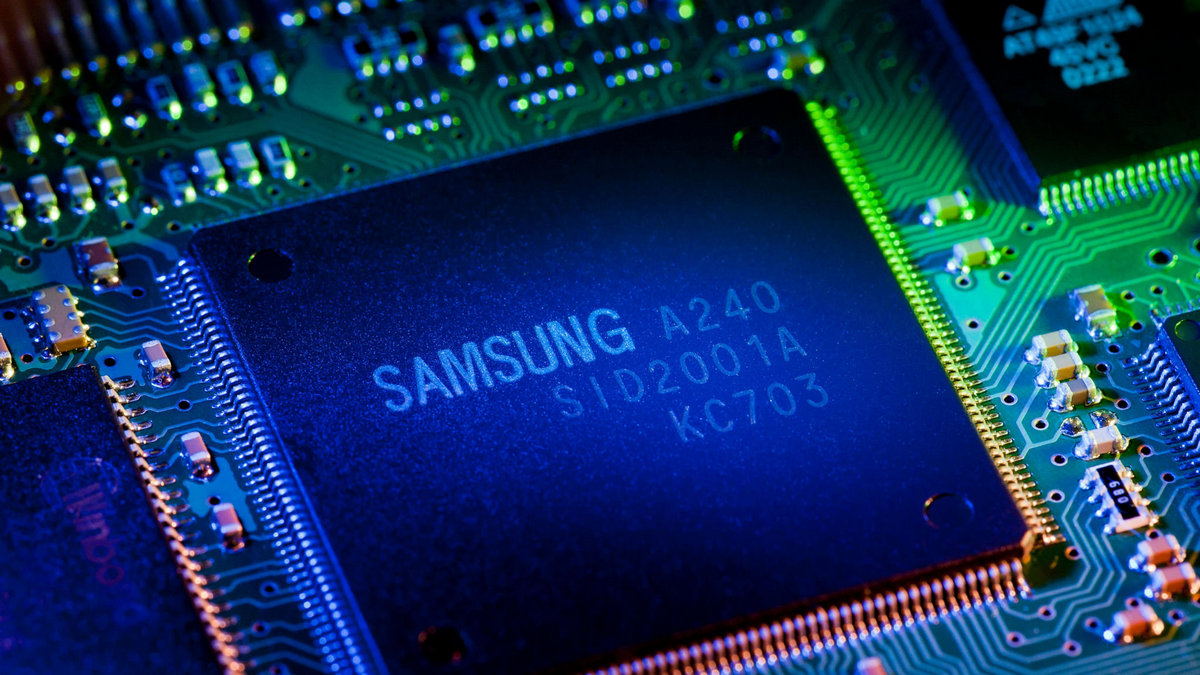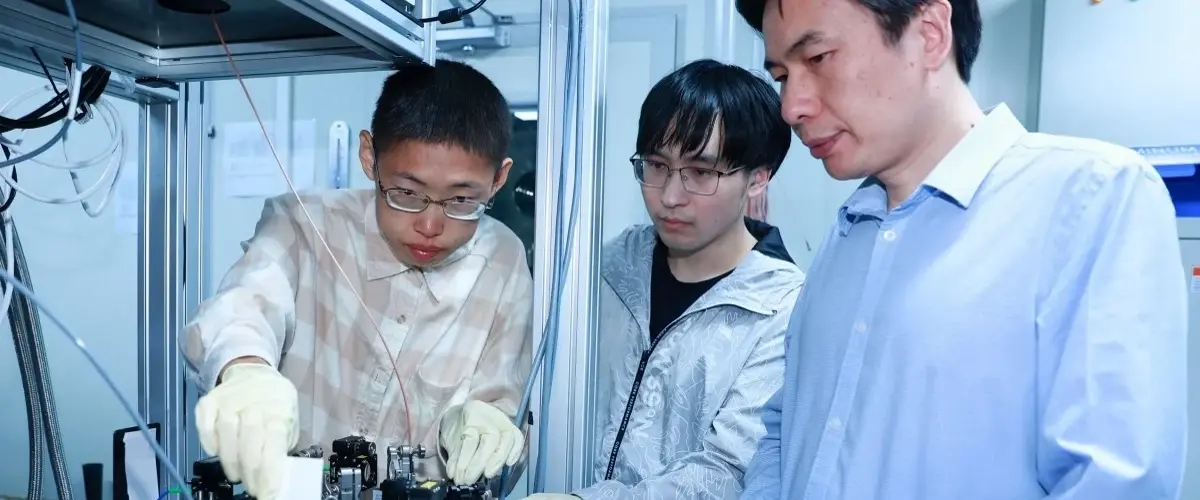Samsung has unveiled its first mobile processor designed using an advanced 3nm process with Gate-All-Around Field-Effect Transistors (GAAFET), with nearly all design and optimization done using artificial intelligence-based electronic design automation (EDA) tools from Synopsys.
The new System-on-Chip (SoC) was created using the Synopsys.ai software package, which includes three key tools. The first, DSO.ai, handles chip design, the second, VSO.ai, focuses on functional verification, and the third, TSO.ai, tests semiconductor products. These tools use deep learning to process large volumes of data, automating and accelerating key design stages that typically require significant time and effort.

In particular, Synopsys.ai software such as Fusion Compiler optimized all stages of the new chip’s development, from component placement on the chip to performance and power consumption balancing. Thanks to these AI tools, the processor achieved a 300 MHz increase in clock speed and reduced power consumption by 10%. This marks Samsung’s first complex project based on the latest 3nm GAAFET process technology, although the company introduced this technology almost two years ago.
Previously, the company used circular-gate transistors to create less complex processors, such as those used for cryptocurrency mining. With the new Samsung SoC, advanced transistors could be used in high-performance mobile devices. This success marks Samsung’s entry into the market for high-performance mobile chips designed using artificial intelligence technologies, accelerating the mass production of GAAFET chips for future Galaxy flagship devices.
According to Shankar Krishnamurthy, General Manager of the EDA Group at Synopsys, the constantly growing demand for improved performance, energy consumption, and density (PPA) in high-performance mobile processors requires EDA tool optimization at all levels. The set of capabilities to enhance PPA metrics for CPU and GPU presented in the Synopsys.ai package will enable the company’s customers to achieve the best results when designing chips based on advanced Samsung technologies.
As Samsung plans to implement 3nm technologies in future Galaxy flagship devices, the company has laid a solid foundation for expanding its lineup of high-performance processors. Leveraging artificial intelligence capabilities in EDA tools has significantly reduced the time and resources needed for design and testing. This will give the company a competitive advantage in manufacturing 3nm chips for smartphones, tablets, and other mobile devices.











